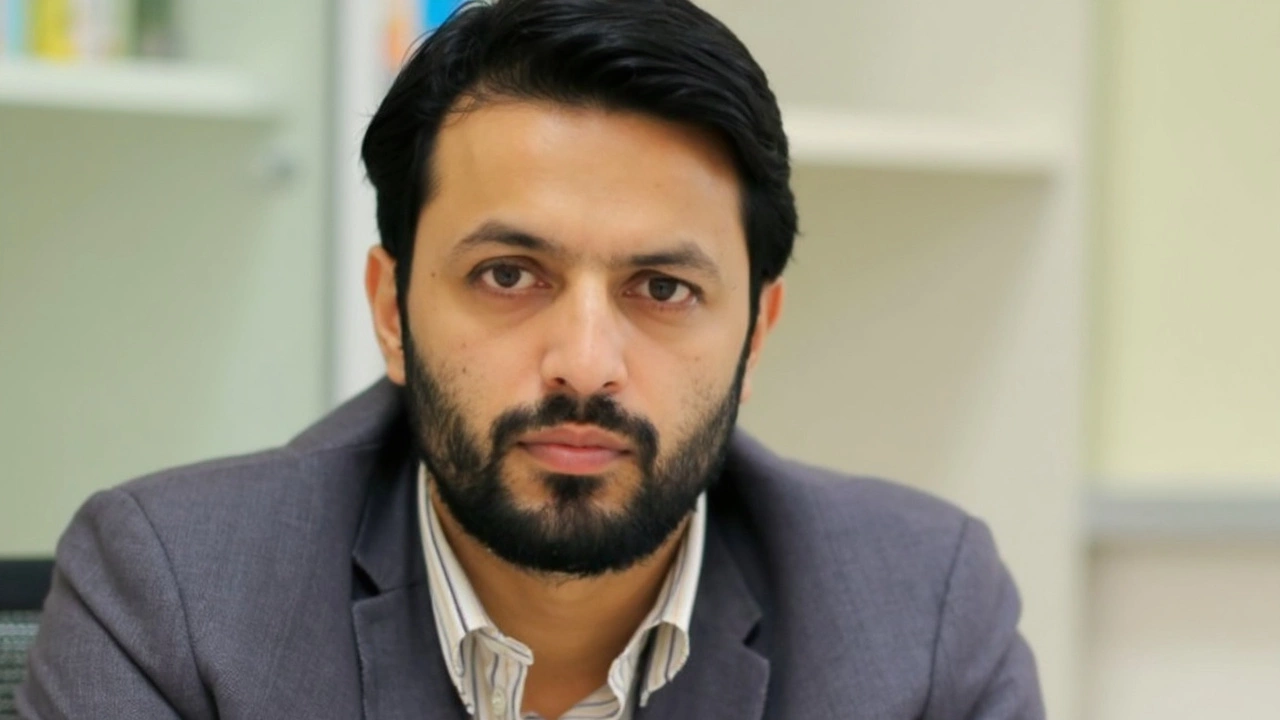Academic Freedom: Why It Matters and How to Protect It
Ever wonder why teachers and students can talk about any idea in class? That’s academic freedom at work. It lets people explore, question, and share knowledge without fear. When this freedom is strong, schools become places where real learning happens.
What Is Academic Freedom?
Academic freedom means teachers can teach what they think is true, and students can ask any question they want. It’s not a free‑for‑all to spread rumors; it’s a promise that facts and evidence guide discussions. In practice, it protects a professor who wants to study a controversial topic or a student who challenges a textbook. The rule helps keep education honest and dynamic.
Think of it like a game where the rules are to keep the game fair, not to ban certain moves. If a rule stops someone from saying something just because it’s uncomfortable, the game stops being fun. The same goes for classrooms – without the freedom to explore, learning stalls.
Protecting Academic Freedom in the Digital Age
Today, most learning happens on computers, phones, and tablets. That brings new risks. Governments or even private groups can try to block online courses, delete controversial videos, or pressure platforms to censor content. To guard against this, schools need clear policies that state the right to free academic expression.
First, keep a written statement about academic freedom on the school’s website. Let students and staff know what’s protected and what isn’t (like hate speech or personal attacks). Second, use open‑source tools that aren’t controlled by a single company. When content lives on many servers, it’s harder to shut down.
Third, teach digital literacy. When students can spot fake news and understand how algorithms work, they’re less likely to be misled. A simple classroom activity could be: compare two sources on the same topic and discuss why they differ. That builds critical thinking and shows why academic freedom matters.
Finally, speak up when you see threats. If a teacher is warned not to discuss a topic, report it to the school board or an independent watchdog. Many countries have organizations that defend academic freedom – linking up with them can add protection.
In short, academic freedom is the backbone of good education. It lets us ask tough questions, test new ideas, and grow together. By writing clear policies, using resilient tech, and teaching digital skills, we can keep this freedom alive even as the world moves online.
So next time you’re in a lecture or a Zoom class, remember: the right to speak and listen is what makes learning powerful. Guard it, use it, and watch how much better education can become.
Ashoka Professor Ali Khan Mahmudabad’s Arrest Throws Academic Freedom Into Spotlight
The arrest of Ashoka University’s Professor Ali Khan Mahmudabad over his social media posts has set off a national debate on academic freedom in India. Human rights organizations and scholars have condemned the move, while the Supreme Court granted him interim bail under tight restrictions. The incident puts a harsh spotlight on the balance between free expression, legal boundaries, and institutional responsibility.





